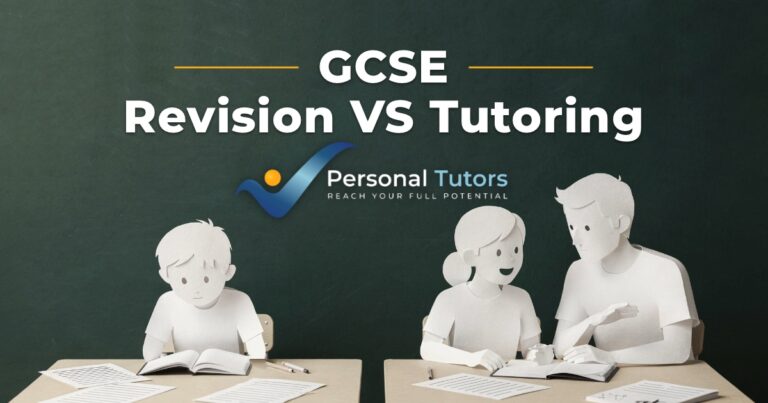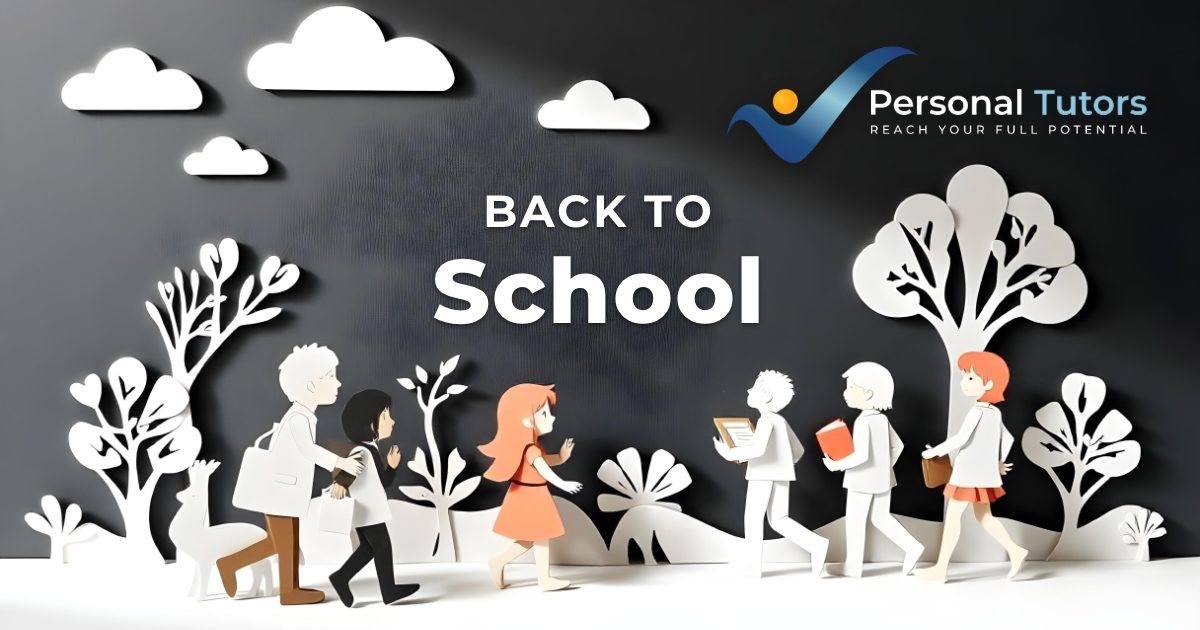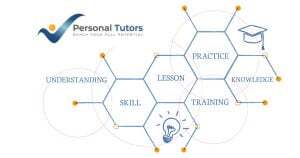Starting the New School Year: A Fresh Start This September
September marks the beginning of a new school year, bringing with it the excitement and anticipation of fresh opportunities, new challenges, and a return to routine. Whether your child is starting primary school, transitioning to secondary school, or preparing for crucial exam years, the start of the academic year offers a chance to reset, refocus, and make the most of what’s ahead.
In this blog post, we’ll share some helpful tips and advice for students and parents to start the new school year off on the right foot, with a focus on building good habits, maintaining balance, and making learning enjoyable.
Embrace the Fresh Start
A new school year is like a blank slate – a chance for students to set new goals, build on past achievements, and approach learning with a renewed sense of purpose.
Tips for Students:
Set Clear Goals: Think about what you’d like to achieve this year. Whether it’s improving in a specific subject, making new friends, or joining a club, having clear goals can help you stay motivated.
Reflect on Last Year: Take a moment to think about what went well last year and where there’s room for improvement. This can help you make small changes that lead to big improvements.
Stay Positive: Starting a new school year can be nerve-wracking, especially if you’re moving up to a new year group or school. Stay positive, and remember that every challenge is an opportunity to grow.
For Parents:
Encourage Reflection: Have a conversation with your child about their goals for the new school year. What subjects are they excited about? What would they like to work on? Encourage them to approach the year with an open mind.
Support a Growth Mindset: Help your child view challenges as opportunities to learn rather than obstacles. Remind them that making mistakes is part of the learning process and that effort and persistence are key to success.
Get Organised Early
Good organisation is one of the keys to success in school. By starting the year with strong organisational habits, students can reduce stress, stay on top of their workload, and make more time for hobbies and relaxation.
Tips for Students:
Prepare Your Supplies: Make sure you have all the necessary school supplies – from pens and notebooks to your uniform and PE kit. Being prepared helps you start the year with confidence.
Use a Planner: Whether it’s a physical planner or a digital app, use a tool to track homework, deadlines, and important dates. Staying organised means you won’t be caught off guard by assignments or exams.
Create a Study Space: Set up a quiet, distraction-free area where you can complete your homework and study. Having a dedicated space will help you stay focused and create a routine.
For Parents:
Help with Organisation: Work with your child to set up a study space and create a homework routine that suits them. Encourage them to check their planner regularly and stay on top of deadlines.
Balance School and Rest: Make sure your child’s schedule includes time for relaxation, exercise, and hobbies. Balance is important for maintaining energy and focus throughout the year.
.
Build Strong Study Habits Early
Developing good study habits early in the school year can set students up for success as they progress through their studies. Whether your child is preparing for key exams or simply wants to stay ahead in their subjects, effective study techniques can make a big difference.
Tips for Students:
Start Early: Don’t wait until the last minute to complete homework or start studying for tests. Starting early gives you time to understand the material fully and ask for help if needed.
Break It Down: Instead of cramming for a big test, break your study sessions into smaller chunks. Studying little and often is more effective than trying to learn everything in one go.
Ask for Help: If you’re struggling with a subject, don’t be afraid to ask for help. Whether it’s from a teacher, a friend, or a tutor, getting support early can stop you from falling behind.
For Parents:
Support Consistent Study: Encourage your child to develop a regular study routine, even if they don’t have an exam coming up. Regular review of what they’ve learned helps reinforce knowledge and build confidence.
Consider Extra Help: If your child is struggling in a particular subject, consider hiring a personal tutor to give them the extra support they need. A tutor can help with difficult topics and build your child’s confidence in the classroom.
Managing Back-to-School Nerves
It’s natural for students to feel nervous or anxious at the start of a new school year. New teachers, new classmates, and the demands of a higher year group can all cause some jitters.
Tips for Students:
Talk About Your Feelings: If you’re feeling anxious or worried, don’t keep it to yourself. Talk to a parent, teacher, or friend about what’s on your mind. You’ll often find that others feel the same way.
Focus on the Positives: Remember, the new school year brings new opportunities. Think about what you’re excited for – whether it’s seeing your friends, learning something new, or joining a club.
Take It One Day at a Time: If you’re feeling overwhelmed, take things one step at a time. Focus on getting through the day and remind yourself that it’s okay not to have everything figured out right away.
For Parents:
Listen and Reassure: If your child is feeling nervous, listen to their concerns and offer reassurance. Let them know that it’s normal to feel a little anxious at the start of something new and that they’ll soon settle into the routine.
Create a Calm Morning Routine: A calm and organised morning can help ease back-to-school nerves. Make sure your child has plenty of time to get ready and eat a healthy breakfast before heading out the door.
Embrace Extracurricular Activities
School isn’t just about academic work – it’s also about exploring new interests, building friendships, and developing important life skills. Extracurricular activities like sports, music, drama, and clubs can add balance and fun to the school year.
Tips for Students:
Try Something New: Whether you’re interested in joining a sports team, learning a musical instrument, or joining a club, extracurricular activities are a great way to meet new people and try new things.
Find Your Passion: Don’t be afraid to explore different activities until you find one that you really enjoy. School clubs and teams offer opportunities to pursue hobbies and interests that go beyond the classroom.
Manage Your Time: While it’s great to be involved in extracurricular activities, make sure you’re balancing them with your academic responsibilities. Prioritise your time to make sure you’re keeping up with schoolwork while still having fun.
For Parents:
Encourage Participation: Support your child in exploring extracurricular activities. These can be valuable for their social development, confidence, and overall well-being.
Help with Time Management: Extracurricular activities can be time-consuming, so help your child develop good time-management skills to balance schoolwork and activities.
Final Thoughts
Personal tutors can collaborate with parents and teachers to ensure a cohesive support system for the child. They share insights into the child’s learning style, progress, and areas of focus. This collaboration allows for a consistent approach, with everyone working together to provide the necessary support and accommodations to optimise the child’s learning experience.
Starting the new school year in September is an exciting time filled with possibilities. By staying organised, setting clear goals, and embracing the challenges and opportunities ahead, students can make the most of the year and set themselves up for success.
If your child could use a little extra support as they navigate the school year, personal tutoring is a great option. A tutor can provide tailored help in specific subjects, boost your child’s confidence, and help them stay on track. Contact us here for more information.

























































